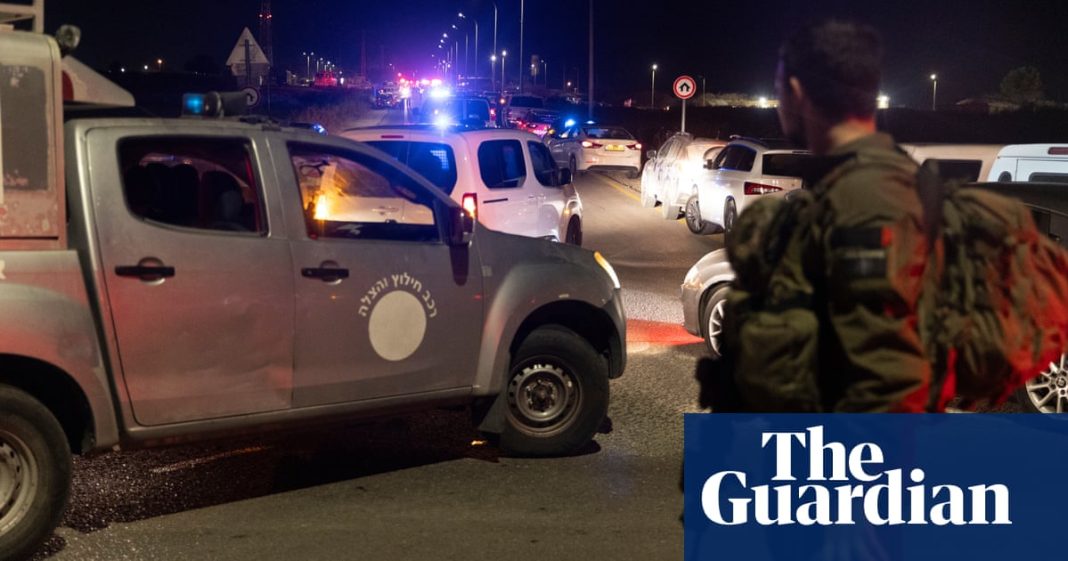Hezbollah Drone Attack Claims Lives of Four Israeli Soldiers in Escalating Conflict
In a shocking escalation of hostilities, a drone attack by Hezbollah on an Israeli army base near Binyamina city resulted in the deaths of four soldiers and left seven others severely wounded on Sunday. This incident marks the deadliest strike by the militant group since Israel initiated its ground invasion of Lebanon nearly two weeks ago, intensifying an already volatile situation in the region.
Hezbollah has framed the drone assault as a retaliation for Israeli airstrikes on Beirut that occurred just days earlier, which tragically killed 22 people. The militant group specifically targeted Israel’s elite Golani brigade, launching a barrage of missiles designed to overwhelm Israeli air defense systems while deploying “squadrons” of drones. This coordinated attack is a stark reminder of the ongoing conflict that has seen both sides trading fire almost daily since the war in Gaza began last year.
The Israeli national rescue service reported that the drone attack injured a total of 61 individuals, a significant number given Israel’s advanced air defense capabilities. The effectiveness of Hezbollah’s newly deployed Iranian-made drones, which are small and emit weak radar signals, has posed a considerable challenge for Israeli forces over the past year.
In the wake of the attack, the United States announced it would be sending a Terminal High Altitude Area Defense (Thaad) missile defense battery to Israel, along with approximately 100 troops. This move signals a deepening of American involvement in the crisis, with President Joe Biden stating the deployment is aimed at defending Israel amid rising tensions. The last time such a missile system was sent to the region was shortly after Hamas launched attacks on Israel on October 7 of last year.
Iran’s foreign minister, Abbas Araghchi, responded to the U.S. deployment by warning that it puts American troops at risk and emphasized Iran’s commitment to defending its interests in the region. The Thaad system, which requires a significant number of personnel to operate, includes multiple truck-mounted launchers and advanced radar capabilities.
As the situation continues to unfold, Hezbollah has threatened further attacks if Israel’s offensive in Lebanon persists. In a statement, the group described the Binyamina operation as “complex,” involving a strategic launch of missiles aimed at keeping Israeli defense systems occupied while drones targeted the training camp, striking during a meal and causing significant casualties.
The conflict has also spilled over into Lebanon, where the UN Secretary-General António Guterres condemned attacks that have injured peacekeepers. Tensions escalated further when Israeli tanks reportedly entered a UN peacekeeping base, prompting calls for the withdrawal of UN forces from Hezbollah strongholds, as voiced by Israeli Prime Minister Benjamin Netanyahu.
Meanwhile, the situation in Gaza remains dire, with reports of Israeli tank shelling killing at least 20 people, including children, at a school sheltering displaced Palestinians. The violence shows no signs of abating, with explosions reported at al-Aqsa hospital in Deir al-Balah, resulting in additional casualties.
As the region grapples with escalating violence and complex geopolitical dynamics, the international community watches closely, hoping for a resolution to the ongoing conflict that has already claimed countless lives and displaced many more.



